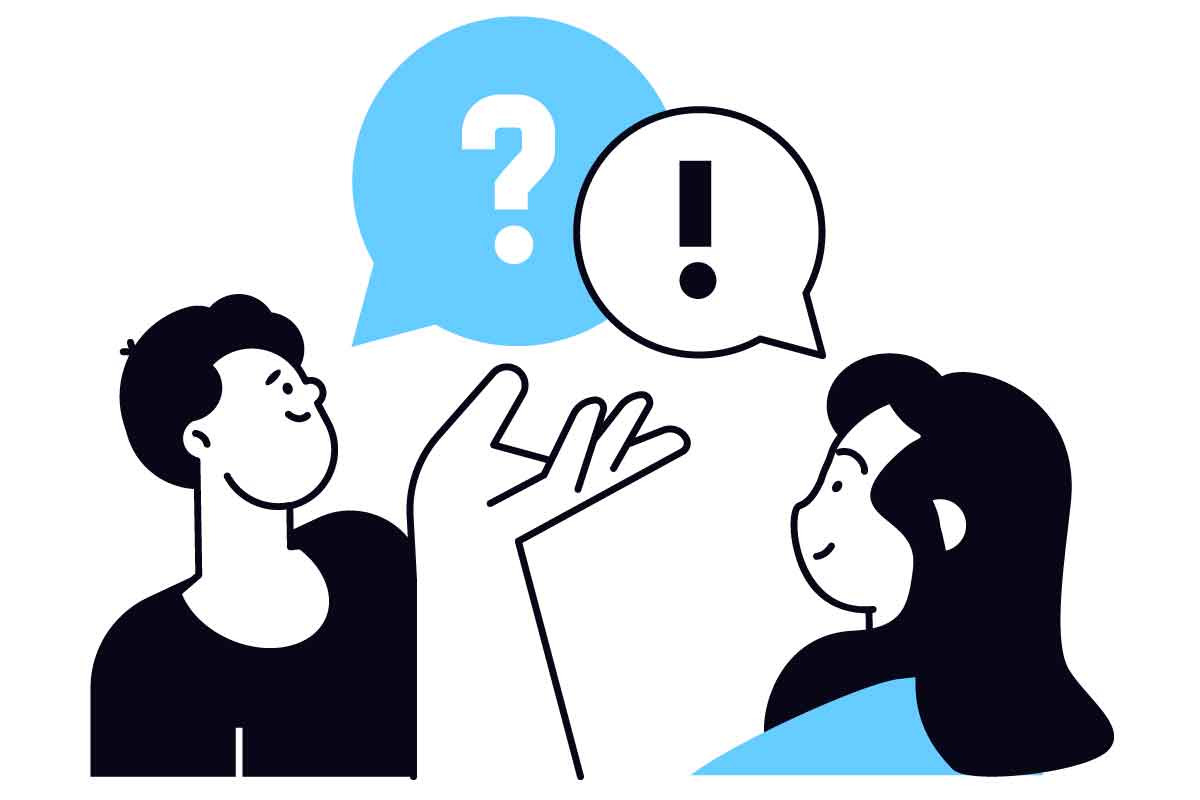A County Court Judgment (CCJ) can be a daunting prospect for any business, but for directors of limited companies, it carries specific implications. Understanding what a CCJ is, how it can affect your business, and the steps you can take to manage it is essential to ensure the ongoing success of your company.
What is a County Court Judgment (CCJ)?
A County Court Judgment, or CCJ, is a type of court order in England, Wales, and Northern Ireland that might be registered against a company if it fails to repay money it owes. If your business is unable to settle a debt and the creditor decides to take legal action, the court could issue a CCJ against your company.
Featured pro tools
Explore business banking
 |
Wallester Business ✓ Virtual & Physical Cards ✓ No Setup Fees ✓ No Monthly Fees Pricing Trial period Contact |
|
 |
Revolut Business ✓ Business Current Account ✓ Award-Winning Mobile App ✓ Quick & Easy Application Process Pricing Trial period Contact |
|
 |
Tide Business Bank Accounts ✓ Free, Plus, or Pro Account ✓ iOS & Android Mobile App ✓ Upload & Auto-Match Receipts Pricing Trial period Contact |
|
 |
Card One Money ✓ No Credit Checks ✓ Simple Fees ✓ Up to 3.5% Cashback Pricing Trial period Contact |
|
 |
ANNA Money ✓ Apply in 10 minutes ✓ Bookkeeping & Payroll Tools ✓ User-Friendly Mobile App Pricing Trial period Contact |
|
 |
Co-Op Business Banking ✓ Business Current Account ✓ Online, App & High Street Banking ✓ Quick & Easy Application Process Pricing Trial period Contact |
|
 |
HSBC Business Banking ✓ Business Current Account ✓ In-Branch, Online & App Banking ✓ FSCS Protected Pricing Trial period Contact |
|
 |
Metro Business Banking ✓ Business Current Account ✓ High Street Presence ✓ FSCS Protected Pricing Trial period Contact |
|
 |
Mettle Business Banking ✓ Business Bank Account ✓ Online & App ✓ Quick & Easy Application Process Pricing Trial period Contact |
|
 |
Monzo Business Banking ✓ Business Current Account ✓ Dedicated mobile app experience ✓ FSCS Protected Pricing Trial period Contact |
|
 |
Virgin Money ✓ Business M Account ✓ In-Store, Online & App Banking ✓ Insights & Forecasting Platform Pricing Trial period Contact |
How can a CCJ affect a limited company?
A CCJ can have serious repercussions for a limited company. It could potentially harm your company’s reputation, as CCJs are publicly available information and can be viewed by anyone on the Register of Judgments, Orders and Fines. This can make it harder to secure credit, as lenders typically view CCJs negatively.
If a CCJ is issued and not paid within a month, it stays on the register for six years. During this period, it can be challenging to secure trade credit from suppliers or finance from lenders. Furthermore, having a CCJ could affect your company’s relationships with clients, suppliers, and investors who may view the judgment as a sign of financial instability.
How to handle a CCJ
If a CCJ has been issued against your company, it is essential to handle it promptly and efficiently. Here are some steps to consider:
- Seek professional advice: It’s always a good idea to seek legal or financial advice if a CCJ is issued against your company. Professionals can provide guidance tailored to your specific circumstances.
- Pay the CCJ as soon as possible: If you can pay the full amount within a month of the judgment, it will not be recorded on the register, preventing the potential damage to your company’s credit rating.
- Challenge the CCJ if necessary: If you believe the CCJ is incorrect, you can challenge it. You will need to show that there was an error in the judgment or the process that led to it.
- Set up a payment plan: If you can’t pay the full amount immediately, it may be possible to set up a payment plan. This must be approved by the court.
Preventing CCJs
Prevention is always better than cure. Here are some steps you can take to avoid a CCJ:
- Keep on top of your finances: Regularly review your company’s financial situation to ensure you can meet all your payment obligations.
- Communicate with creditors: If you are having trouble paying a debt, speak to your creditors. They may be willing to agree on a payment plan or extend your payment deadline.
- Seek advice if you’re struggling with debt: There are many organisations that can provide advice and support if your company is struggling with debt. Don’t wait until you’re facing a CCJ – seek help as soon as possible.
Conclusion – CCJ against your limited company
In conclusion, while a CCJ can be a significant challenge for a limited company, it is not insurmountable. By understanding what a CCJ is, its potential impact, and how to handle it, you can ensure your company is prepared to manage any financial difficulties that arise. Remember, seeking professional advice is always a wise move in such situations.
It’s worth noting that this guide provides a general overview of CCJs and their impact on limited companies. For specific legal and financial advice, always consult with a professional in the field.
FAQ
A County Court Judgment, or CCJ, is a type of court order in England, Wales, and Northern Ireland that might be registered against a company if it fails to repay money it owes.
A CCJ can have serious implications for your business. It can damage your company’s credit rating, making it harder to secure trade credit or finance. It can also affect your company’s reputation, as CCJs are publicly available information.
If a CCJ is issued and not paid within a month, it stays on the Register of Judgments, Orders and Fines for six years. This could have long-term implications for your business, including difficulties in securing credit.
If a CCJ is issued against your company, you should handle it promptly. You can pay the full amount, challenge the judgment if you believe it’s incorrect, set up a payment plan, or seek professional advice.
Yes, you can take steps to prevent a CCJ. This includes keeping on top of your finances, communicating with creditors if you’re having trouble paying a debt, and seeking advice if you’re struggling with debt.
If you can’t pay the full amount immediately, you can try to set up a payment plan with the court. This would allow you to pay the amount owed over a longer period of time.
A CCJ is usually issued against the company, not the director personally. However, in some cases, directors can be held personally liable for the debts of the company, particularly if they have given personal guarantees or if there’s evidence of wrongful trading. It’s important to seek legal advice in such situations.
Yes, a CCJ can be removed from the register if it’s paid in full within a month of the judgment. If it’s not paid within this time, it will remain on the register for six years. In certain circumstances, you can apply to have it removed or “set aside,” but this usually requires demonstrating that there was an error in the judgment or the process that led to it.

